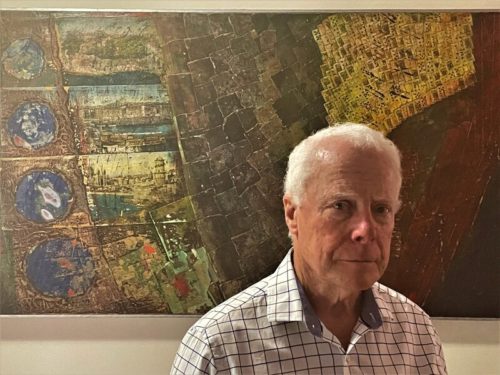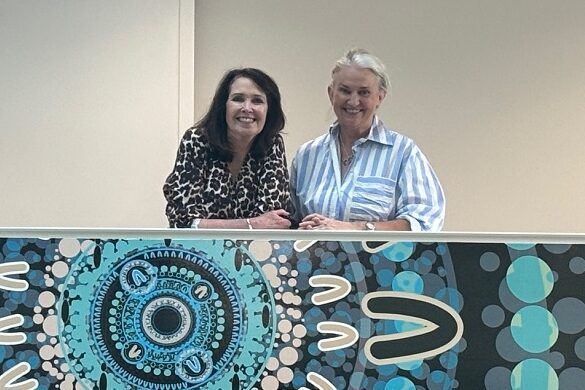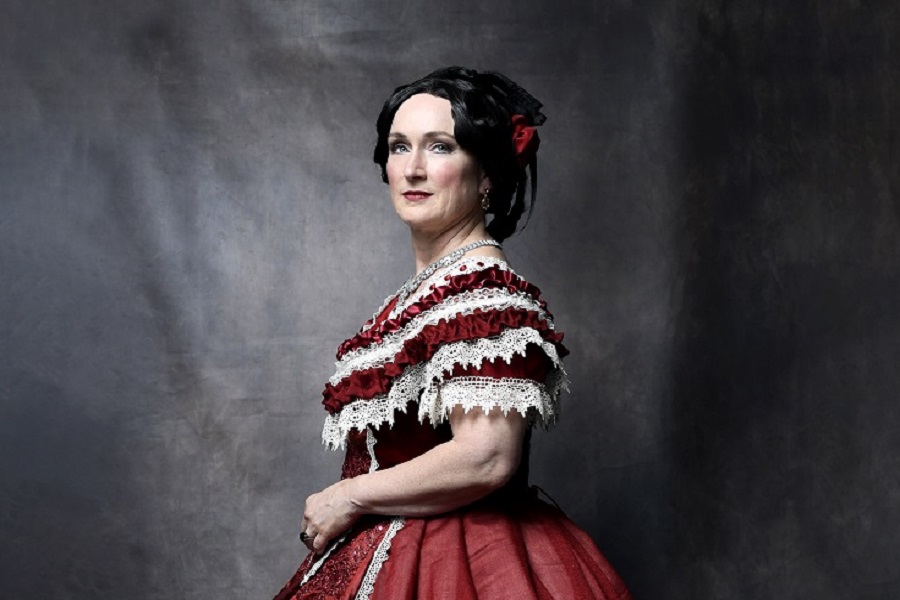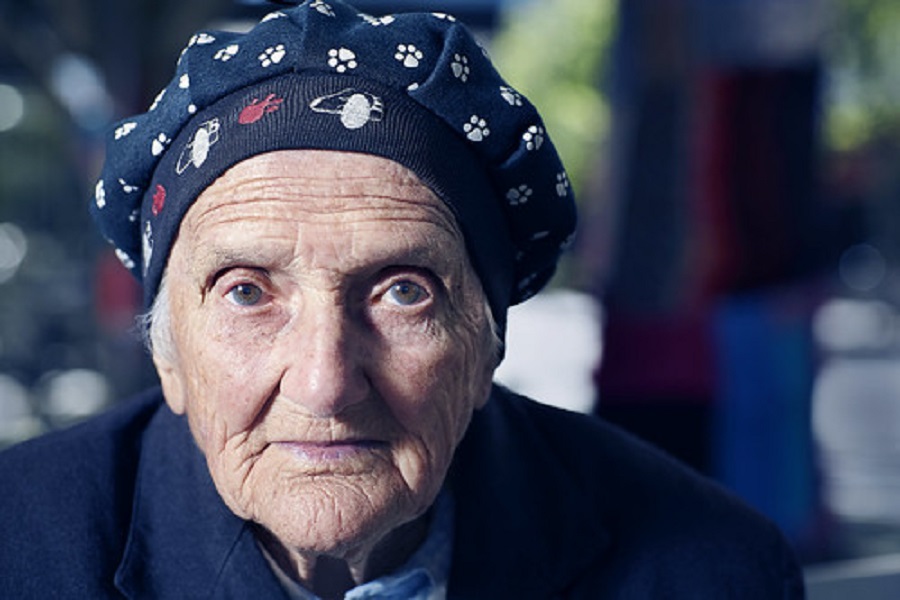
ON a black day in January, 2003, looking from his Weston house, veteran Canberra artist Bernard Hardy saw flames from Holder and Duffy coming over, “like a cat tongue of incandescent orange”.
The next thing, the flames hit the verge and he was soon to see his purpose-built studio in the backyard succumb to multiple explosions, then the greenhouse that stored his paintings and, finally, the family home.
“When I drove out, the hedges were on fire and my hair burnt off, but I didn’t experience any emotions,” Hardy tells me.
Little could be saved at Hardy’s place but for a bronze sculpture he had acquired by swapping a painting for the work with well-known Canberra artist Ante Dabro.
“Wading through the ashes, I saw a single hand sticking out,” Hardy says. “It needed to be repatinated, but it survived.”

Like many before him who have seen a life’s work go up in smoke, Hardy has been sorely affected, but it hasn’t stopped him creating art.
“I lost a huge amount of my early work, which did damage me, but people came up and said: ‘I’ve got this painting or that painting’.”
Hardy battled on and since the fires has exhibited work in places as diverse as Gallery 101, Melbourne; the State Library of Victoria; Canberra Museum and Gallery; Sculpture from the Edge, Bermagui; M16 and Megalo Gallery.
Now he’s planning a very personal exhibition, “Last Train to Karachi”, at the Helen Stephens Gallery in Collector.
Over a long life of art, Hardy has worked with collage, printmaking and a mixture of figurative and abstract painting.
“I love apparent reality,” he says of his works. “So they’re not really abstract, although there is a lingering element of abstract expressionism.”
In his printed statement for the show, Hardy says: “Artists live, in a world yet to be unfolded, yet to be resolved from the swirl of mental and physical potentials from which images fix, out of the unknown, their shapes.”
He goes back a long way in art. His mother, Pat Vaughan Flood was a formidable artist-intellectual who lived for many years in Deakin. His experiments with materials began as a 15-year-old boy in Melbourne when he tried to create his own oils from cooking oil, which he soon found wouldn’t dry.
He studied philosophy and English at the University of Melbourne and then took a job with the Department of Immigration in the hope of going overseas, soon finding himself posted to Madrid, where he soaked up the art in the Prado and other galleries from 1974 to 1976.
Back in Australia, the government offered him leave to do more studies so in 1979 he enrolled in the old Canberra School of Art, then directed by German printmaker Udo Sellbach, combining his studies with holiday work in Immigration.
Salvation arrived when head of the painting workshop Robert Boynes offered him a job teaching in the painting department, then Czech artist Petr Herel asked him to join his Graphic Investigations unit that, since he’d studied philosophy in Melbourne, suited his mindset.
“I asked Petr: ‘What do you want me to do?’ and he let me try new things.”
The experimental nature of the workshop taught Hardy a lifelong love of printmaking and playing with materials – he shows me some hand sculptures he’s been doing around his studio just to see what would happen.
The work in the Helen Stephens Gallery exhibition is not so much a formal survey, but a selection of post-fire paintings, a mixture of small works and some larger ones, many of them figurative, as he shows me in his Waramanga studios.
It’s not themed around the fires, but one called “Cotter Road” relates directly to the 2003 conflagration, showing the warped and twisted body of a car.
Bernard Hardy “Last Train to Karachi”, Helen Stephens Gallery, 39 Murray Street, Collector, February 14-March 28.
Who can be trusted?
In a world of spin and confusion, there’s never been a more important time to support independent journalism in Canberra.
If you trust our work online and want to enforce the power of independent voices, I invite you to make a small contribution.
Every dollar of support is invested back into our journalism to help keep citynews.com.au strong and free.
Thank you,
Ian Meikle, editor








Leave a Reply